Ruby Mei Zhi Xia McNeil came into her parents’ lives with nothing but a nighty and a pair of plastic shoes.
With three years of her life to fill in, Fiona and Jamie McNeil were sure there was more to know about their Chinese adoptive daughter and they were determined to find out.
The McNeils, both rural veterinarians living in South Gippsland, already had three kids of their own, and decided an orphaned child in need deserved the same privileged upbringing as their biological children were experiencing.
This led the McNeils to investigate inter-country adoption, and they welcomed Ruby into their family two and a half years after beginning the process, which involved an intense application procedure and excruciating wait. They were relieved and excited, but they did have questions.
Why did she weigh only three pounds at birth? Why did her vocabulary stretch only three words? The information they had about Ruby’s past had been collated on a single piece of foolscap paper with boxes indicating her ability to walk or crawl, her name, age, and not much else.
“There were ticks in boxes but nothing more, no explanation,” says Fiona. “You just want to fill in the gaps for them. She was three years old, she didn’t just materialise. She had this whole story that had come before and we wanted to find as much as we could.”
It took a couple of months of relentless internet searching for the McNeils to find a lead.
They searched anything to do with the orphanage their little girl came from and after many nights looking at the screen for hours with no clues, they were eventually rewarded when they chanced upon the blog of an American woman who volunteered in China in 2005.
She wrote about a tiny premature baby being sent up to the unit where she was working. She had even included a picture, and everything seemed to fit.
After establishing contact with the blogger, the story unravelled and Fiona was given the details of the woman who had cared for Ruby for the first five weeks of her life — an English nurse named Lyn Gould.
Lyn was able to confirm that Ruby had been born premature with a life expectancy of six months or less. In the foster home where she was admitted, Lyn took Ruby under her wing, turning around her state of health until she was confident Ruby could grow into a healthy young girl.
“She told us how fragile she was. She rolled our little girl’s cot into her office because she needed such frequent feeding,” says Fiona.
As well as the peace of mind that their baby had been cared for, Lyn was able to provide the family with journal entries from the time, medical information that could prove valuable later in Ruby’s life, and priceless anecdotes from her early years.
“Her diary at the time says that our little girl ate for China — that put a smile on my face straight away because she still does!
“It’s just those personal little things that make a difference for a kid that doesn’t have any baby stories.
“We knew we’d never know what you know when your child is born to you but we wanted to fill in her story so it was hers,” she says.
Fiona acknowledges she was extraordinarily lucky to find someone who had known her little girl. Even more incredible was the opportunities that getting in touch with Lyn opened up to her.
Fiona and Jamie have gone on to work with Lyn and her husband Alan to open the Butterfly Children’s Hospice in the Hunan province, caring for special needs children with a life expectancy of less than 12 months.
One of the long term goals of the clinic is to offer care to families with children in the area who need special treatment, to try to prevent the kids from being abandoned, as is likely to have happened to Ruby.
While Fiona would ultimately like to see all of the children in a situation where they are healthy, loved, and financially supported, as long as children are still being abandoned and are unable to be provided for, they need to be adopted by families who can give them the care they deserve.
“I think adoption is a great thing, but it’s redemptive because there has to have been a tragedy in the first place for the child to have lost a family,” she says.
“It makes me cry my heart out thinking there must be so many kids that don’t get adopted. There’s kids just not getting the support they need. It’s horrible that they have to leave their culture, but there’s no culture in an orphanage.”
Having gone through the gruelling adoption process, and embarking on the very long journey again as she and her husband plan to adopt a child from China with special needs, Fiona hopes that the process can be made easier, so that more children, especially those with special needs, can be adopted from China and around the world.
**For more information or to join the campaign to change adoption laws, visit National Adoption Awareness Week
Your say: Do you have any experience with adoption? Let us know your thoughts by email [email protected]
Newsletter conversion description. Get the latest in your inbox.














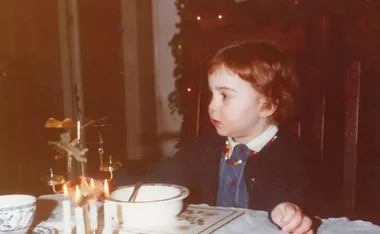

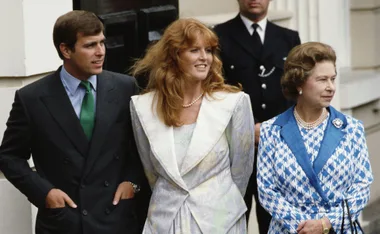
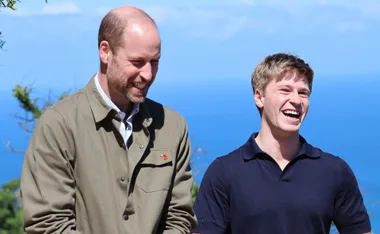
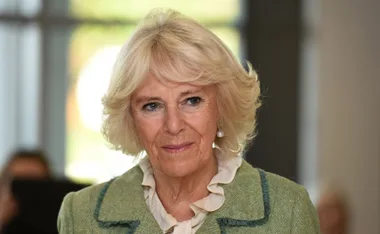
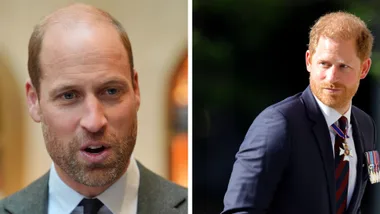
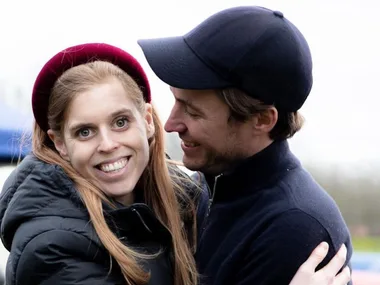
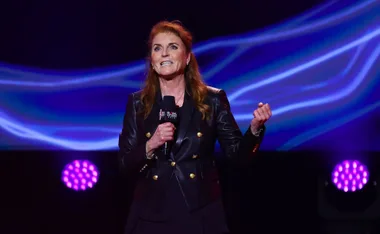

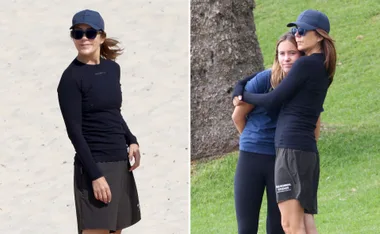

















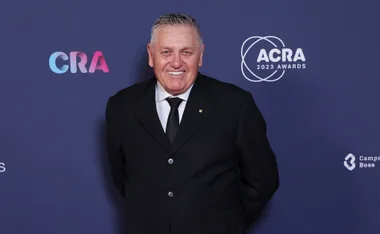


.png?resize=380%2C285)
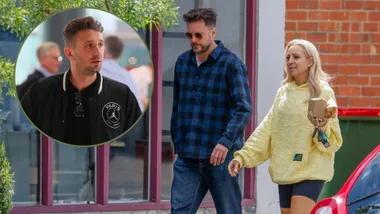
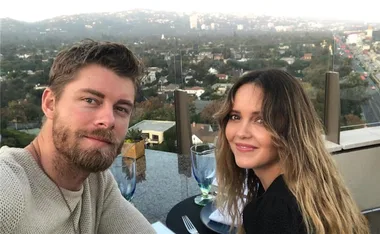

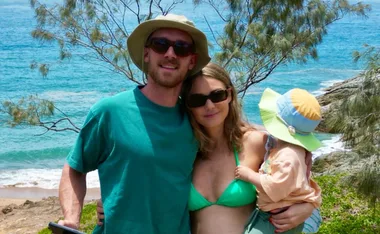
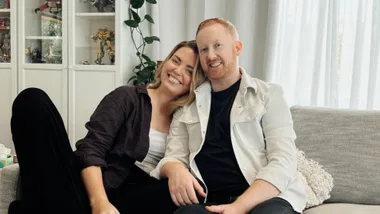







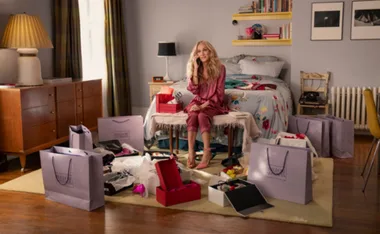





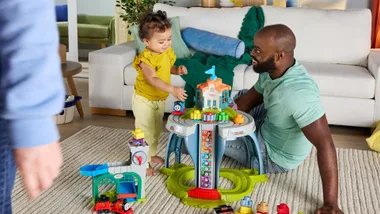


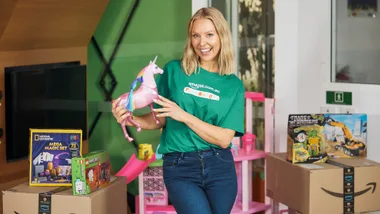
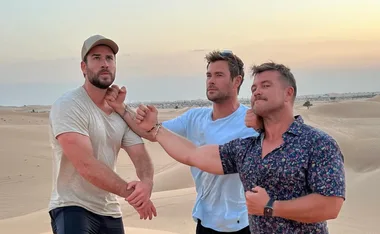


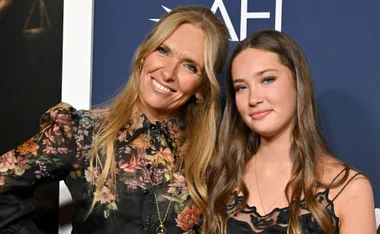
.jpg?resize=380%2C285)
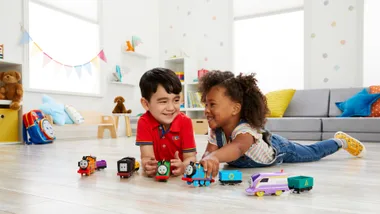


.jpg?resize=380%2C285)
